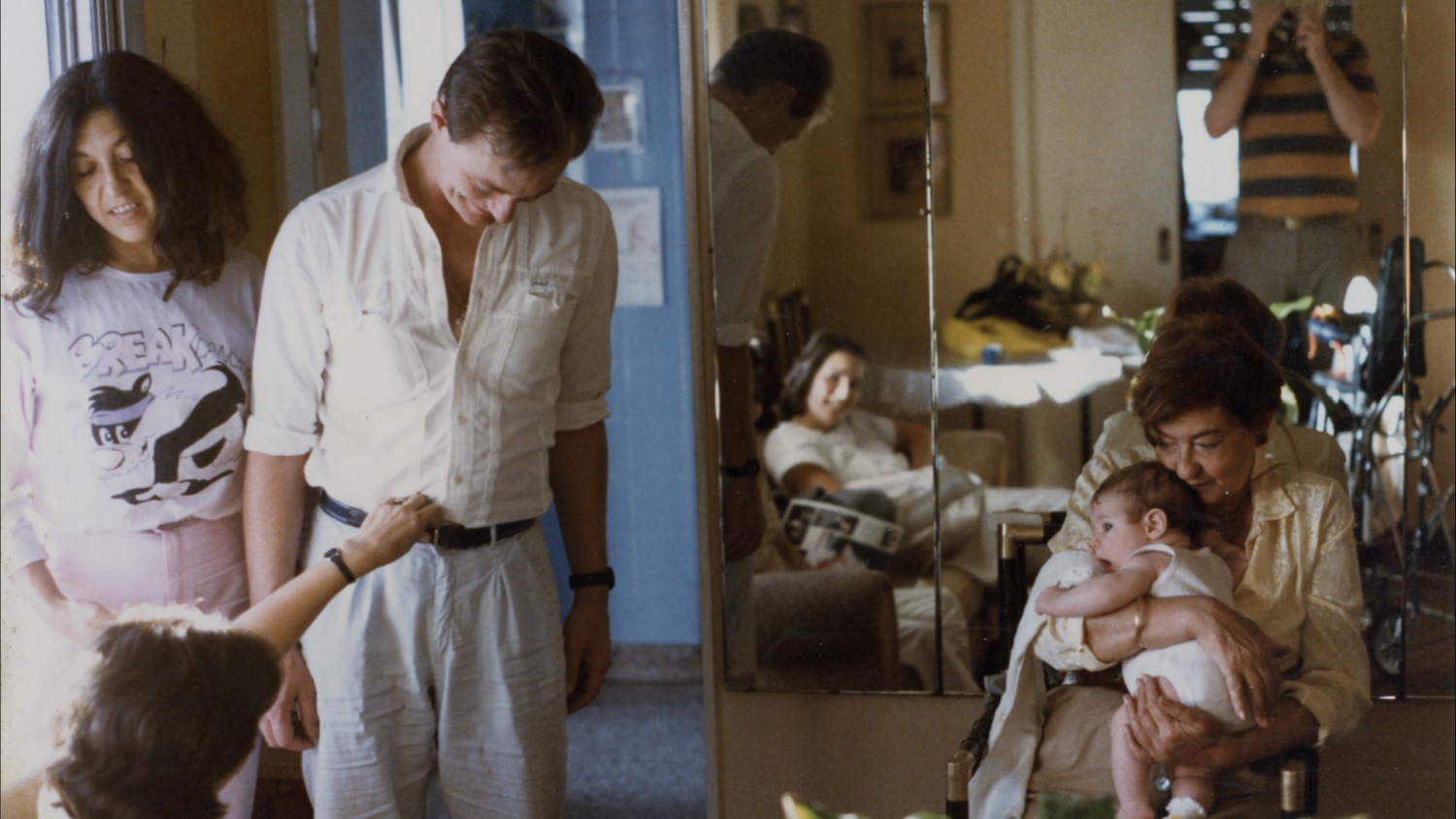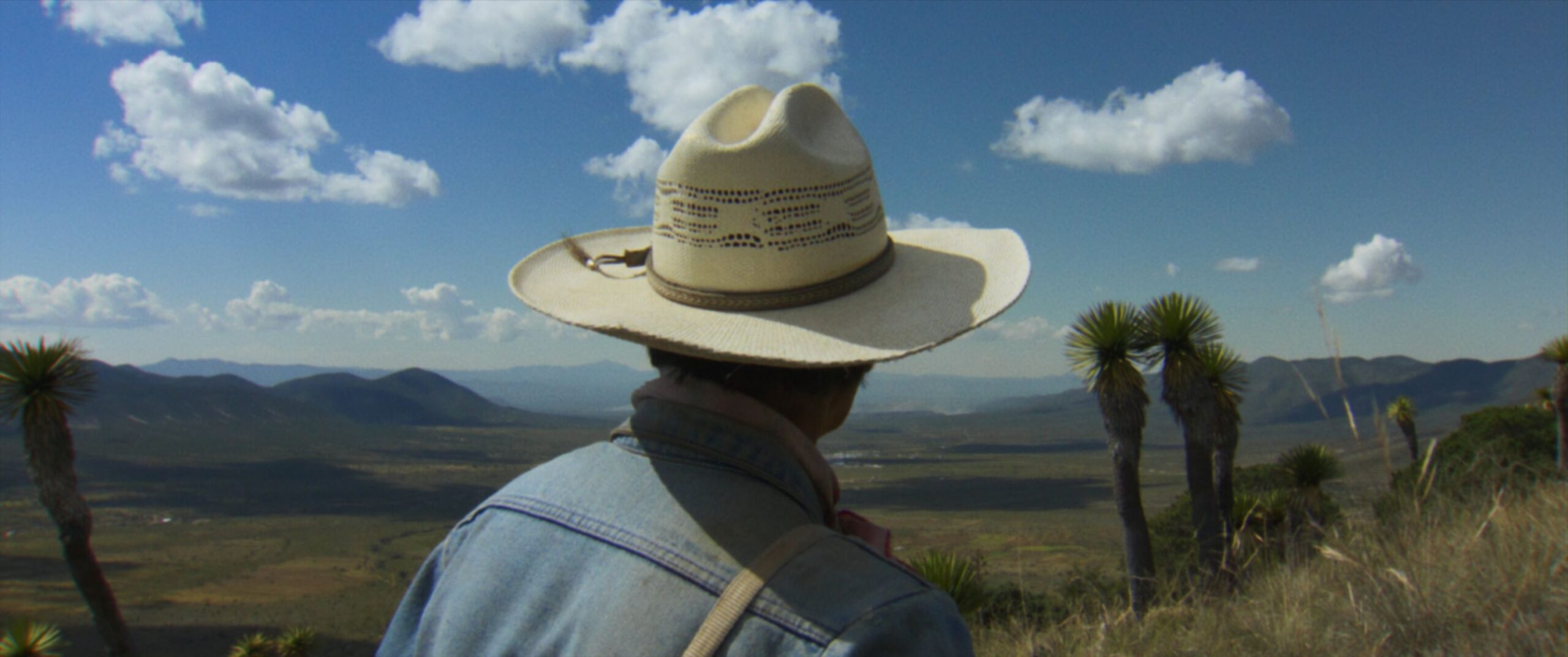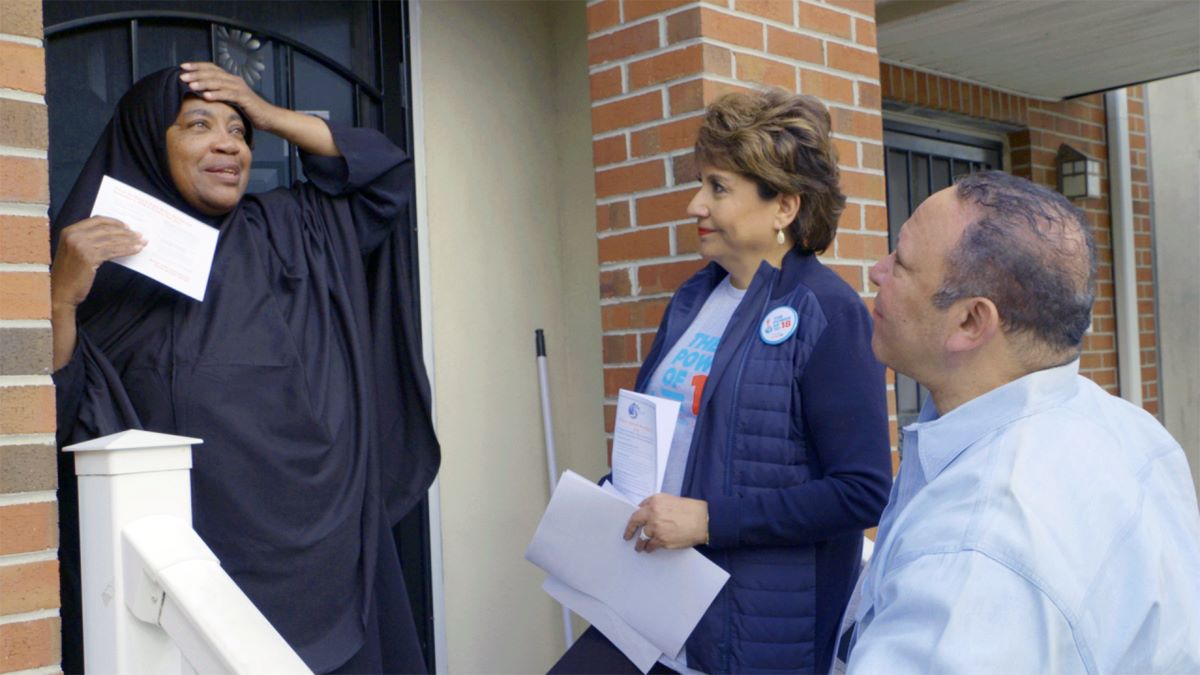“For someone who has remained rooted in one place, there are changes or losses or shifts that are abrupt, that are unexpected, and that are arbitrary,” says The Dependents director Sofia Brockenshire. “They make us question how we decide what home is. The question then is how do we define that? What are the markers of home?”
The Dependents closes this year’s Rendezvous with Madness Festival, running in Toronto from October 27 to November 4, and brings a uniquely personal interrogation of place and belonging. The Argentine-Canadian Brockenshire draws upon her experience growing up as a child of the world. The story traces her family’s movement around the globe as her father’s work as an immigration officer brought them to different countries where he supported them by determining which local applicants could and could not begin a new life in Canada.
The film, which won Best Canadian Feature at RIDM last year, flips the interrogation process back on the father’s profession and considers the politics of displacement and layers of agency embedded within the ability to stay or go. “It must be difficult when someone is the upholder of a law of a nation and says, ‘Yes, you: you’re good. You are welcome. No, you aren’t because of this, that and whatever reason,’” Brockenshire notes. She is frank in her assessments of her father’s work and its impact on her Argentine mother and her siblings. But using a collage of fragments of the family’s life—home movies, photographs, and her father’s diaries, among other materials—Brockenshire poetically crafts an essay of her own family’s strange way of belonging in the world in which the politics of movement are fraught. But the film complicates the very idea of home when Brockenshire finally moves to Canada as an adult, having always been a citizen of the country, but not a resident, and forces herself to consider this land that so many people approached her father with dreams of making it their home.
POV spoke with Brockenshire ahead of the Rendezvous with Madness screening of The Dependents.
POV: Pat Mullen
SB: Sofia Brockenshire
This interview has been edited for brevity and clarity.
POV: You’ve lived in so many countries throughout your life. When people ask where you’re from, what do you tell them?
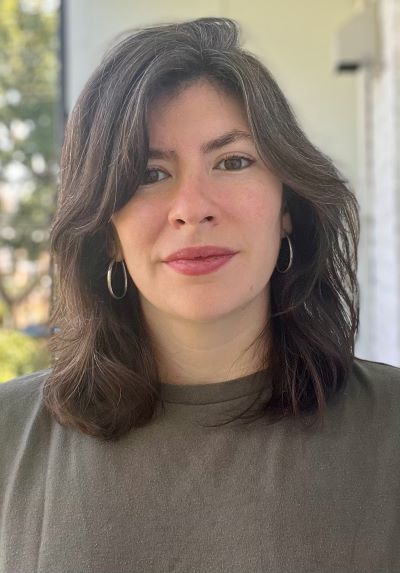
SB: That’s probably the reason why I decided to start this project. It was a question that I really struggled to answer because there were many ways that I could answer. I could say that I was born in Canada. I was born in Ottawa, and my father is from a small town not that far from Toronto and my mother’s from Argentina. But I didn’t grow up in either place until I was 16, so it was always a long-winded answer. If I would make an answer short and say, “I’m from this place,” then the assumption would be that I had always lived there or that I knew cultural references from a certain period. Then it would reveal itself that my personal identity is a little bit more complicated. Part of this film was to address the construction of an identity based on place, location, nationality, and upbringing. As a result of making this film, I can more easily say I’m a Canadian-Argentine person, and that’s how I delimit it. As the conversation expands, I get into my specifics. I go more based on citizenship lately.
POV: Was there any particular event that brought these questions to light that made you want to address them?
SB: On one hand, it was questions like, “Where are you from?” or things related to accents and ways of relating to cultural codes. A major one was just noticing that my father had all these diaries, but then he would transcribe what he had in notebooks into digital form. He was re-archiving his own words into word processors. He would from time to time share entries with me and things that he found poignant in terms of what was going on today politically in a certain place. I was living in Argentina at the time, and so at one point I said, “Could you say what was going on in ’83, ’84, ’85 in your life?” He sent me a big chunk of text in a Microsoft Word document. Thinking about current events, occupation, and a sense of belonging in all of this, a sense of becoming a person in the world, I felt a strong sense of identification with these stories.
POV: What inspired the poetic aesthetic of the film? We have layers with displaced voices and a collage of the photographs, videos, onscreen text, and slides, and we’re seeing the slide negatives in front of the light.
SB: Firstly, I was digging through material. It was sorting, collecting, and doing an excavation to see what I could find there. That process took quite some time just to organise ideas and thoughts to see what connections I could build through association, through memory, through family histories. A lot of the work that I’ve done in film relates to this idea of a search. I made a prior film [Una hermana/One Sister] where there was a missing person and the sister goes looking for traces of her whereabouts. Another [Epecuén] had to do with environmental catastrophe trying to pick up the pieces to generate a narrative.
In this case, it was a similar approach of sifting through moments, records, and documents where something could then be put together. The slides are materials and these pieces are fragments that sit collecting dust or could be reactivated and rethought. I was also trying to develop a language. In prior work, there had been a lot of writing prior to going out and shooting. This time, I had a rule for myself to say none of that will be done beforehand. I’d go out and shoot in spaces that were known to me— shooting in parts of Canada, shooting in parts of Argentina, and then things that I would intuitively and impulsively shoot. I’d then see how things could be put together by association, by connection, by juxtaposition. It started as a constellation of pieces and then I was making connections to what was going on in Argentina in the Eighties and in Guatemala. As I was building the structure, I felt it couldn’t be chronological or anchored in time and space. That feeling of movement and of being uprooted, this jump and dislocation, was necessary as an experience to reflect in the piecing together of this film.
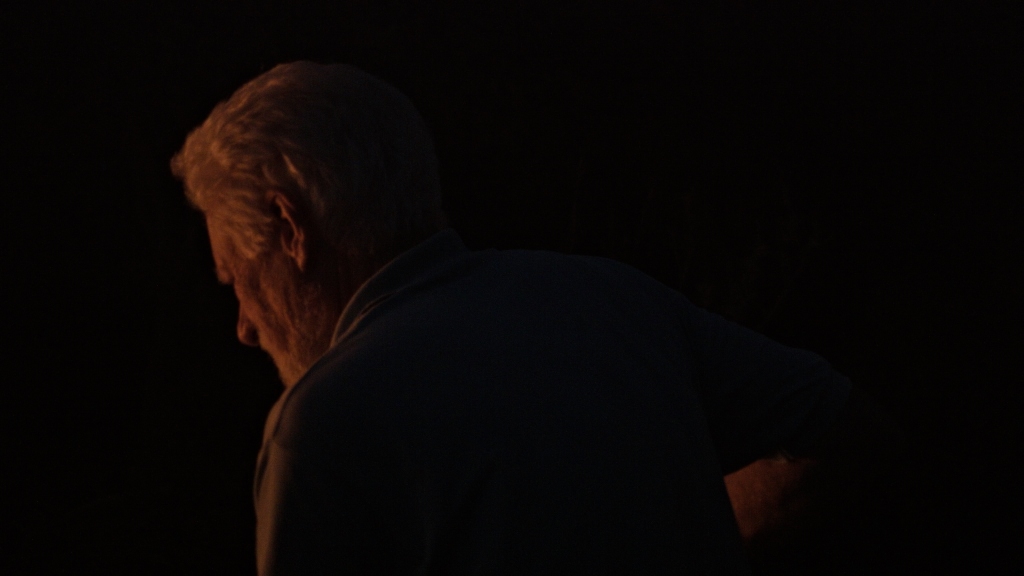
POV: When you were getting the stories from your family about the past, were there memories that were different from the way you experienced them when you were younger?
SB: Yeah. For example, the story of my mother leaving and immigrating to Canada. There’s this moment where she says that the stewardess tried to compliment her shoes [because] she’s in such a state of disarray and so sad. That was a story that I had heard of during my upbringing. I didn’t even exist then! Those were memories that I almost appropriated, which is very different from my experience as a child. For me, this whole feeling of jumping at the time was very natural. I think that was important for me to have a father figure who has this profession and then a mother figure, a partner, who is in the role of the dependent in this scenario, and then the child who is unassuming and accepts everything. There’s a moment where I say something like, “Everything is fine, everything is the same, chocolate tastes good here.”
As time passes, things change. Things feel different and become more questionable. There’s a small moment with an audio recording where one of my brothers says, “There’s a base.” And I say, “Yeah, there’s a base.” We went to the base and this was the U.S. army base in South Korea, which we would go into. This is a place where kids could have fun. If I look at it now, it’s actually quite shocking to me. It’s strange to think that this was one of the places of enjoyment. Looking back, Argentina, Chile, and Guatemala were all under military dictatorships with the heavy influence of the U.S. In retrospect, that has produced different conversations between my parents. The film shows that in my questioning of my father being a sort of tourist in Argentina, whereas that same situation would be impossible in Canada.
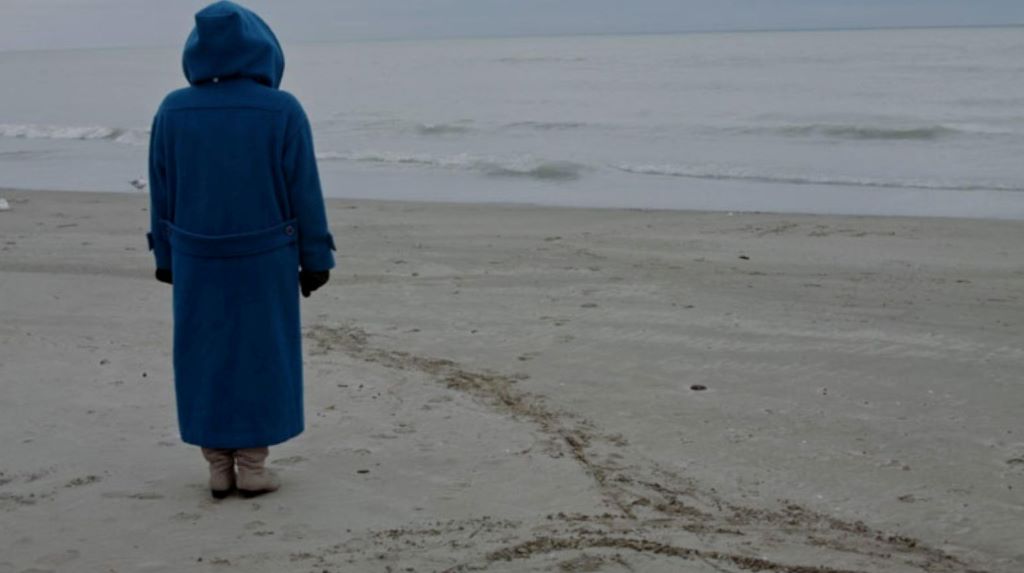
POV: The film has an audio thread with Korean women talking about the application process. They have a really detailed story about your father and his job, but they also talk a lot about your mother and their family life. It was so interesting to hear a radio piece get into this detailed life of a civil servant. What’s the story behind it?
SB: It is a radio recording. I think it’s from 1994. It was a tape that I found at my parents’ place. It was another discovery among these materials that I was working with, but I recall the day the radio host came to our home. We sat in a circle and each person was interviewed. It’s a longer segment and I omitted some parts they describe. The radio show is called Happy Families and it was a weekly show where they introduced families on the public radio station. It was detailing my father’s occupation, what my mother was doing in Korea, the ages of children—my brother and I sing some Korean songs, which you hear in the film.
They [the journalists] put into context what we were doing in South Korea. When I heard it, when I translated it and understood what was being said, I thought it could be a structuring device that could introduce us to the world of this family without having to put my own voice into it. It also showed this idea of the viewing and the looking at this family that comes from the West. There is a little bit of tension, especially in my mother’s piece where they say, “We really need to look up to these women who are so hardworking.” I felt a need to push back on this because these are the ways of looking that can be idealised. I also found it interesting given that it was in the Nineties where we were entering this hyper-globalised world and thinking about commerce. There’s a lot to be said about that, about who are the winners and losers of that whole system.
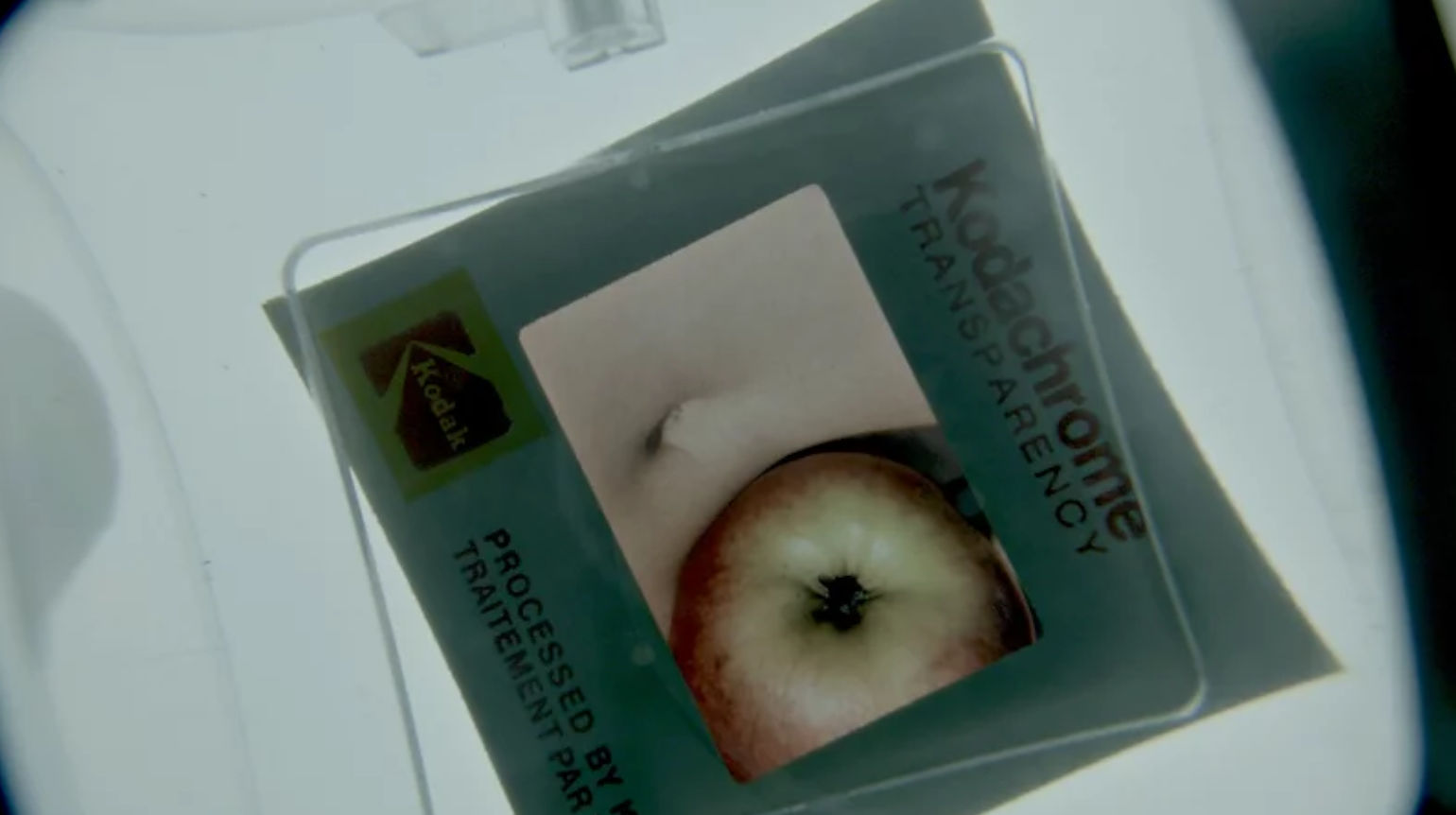
POV: What is the headspace of moving from one place to another, but also seeking authorization to move somewhere when someone like your father can determine access through the interpretation of a single word that arises in conversation?
SB: The process of uprooting, whether it be intentional or unintentional, forced or sought after, is an extreme moment. I don’t know how people can prepare themselves under any circumstance if we are escaping from something, if we are not allowed to go, and if we are searching for a better life in some regard. Then that is put under the discretion of someone else who you hope has the humanity to see it and to put this into consideration and welcome a person or family into a new place. If it’s riding on hope, that’s already so much that one has to carry. Even the process of arriving somewhere, the feeling of not being from a place and needing to adjust, feeling pushed away or maladjusted—this adjustment process does something to someone’s soul.
POV: It’s powerful to hear the interview with your mother when she’s talking about being called a dependent. How was it hearing this term in this context?
SB: There was a sentiment of a lack of agency on her behalf to be able to decide something. My mother, in the context of our family, speaks up. She’s very outspoken, but if I was interviewing her and thinking about the context of gender roles that were so marked and so fixed, it was quite significant that it was a mother, a partner, and a dependent—literally put and cast as that—that was her name. Under all of these regulations, rules, and bureaucracy, I was also considered a dependent. Being, not a pawn, but someone for whom things can change by whatever decision someone makes, that affected her. It affected her children. People who were applying to receive a visa to go to Canada and were meeting someone like my father, or my father, were also dependent on that appreciation of their application. My father was also dependent on whatever laws or immigration laws were set out in Canada. He says it’s a very self-serving system of immigration into Canada oftentimes is like, “Do you fit the profile of what it is that we’re looking for?”

POV: How has the film been received as you’ve shown it in different countries? Does an audience in Europe respond to it differently than an audience in Montreal?
SB: I think so. It was recently shown in Spain. The film has several different languages and I think the attachment with Spanish was different. I think people actually responded to certain parts of the film that nobody was that responsive to before. I also received a response about two “parallel films”: One that was speaking to North America and one that was speaking to Latin America. If I think about that response, I imagine these images of the snow and then in the background we hear Cumbia music and then jump into Argentina. There have been different responses in Montreal or Germany where, for example, people felt very connected to this idea of movement and the poetics behind the film. I do believe that audiences in different places have different cultural experiences to view film.
POV: What is it like for you now that living in Canada? You’ve been Canadian your whole life, but you’ve only started living here recently. How does that fit in to the larger conversation of what is home and identity?
SB: I’m learning. I think of this question, “What is Canada?” What does it mean to be from this area of the world and what does it mean to have been born here, to have been raised here but not have, say, your parents come from this place? I’m still finding out what that is. I spent four years in Chicago and then I came here, and that was the context for making this film. Perhaps this was my way of transitioning into living in a different part of the world, going from being an outsider, an outsider with roots, and seeing how different it can be for people. I’m still figuring it out, to be honest.




